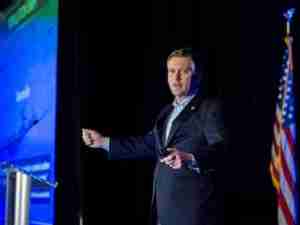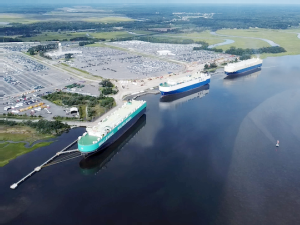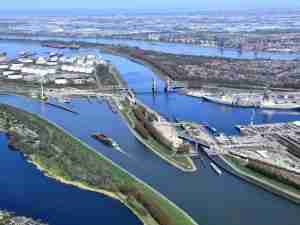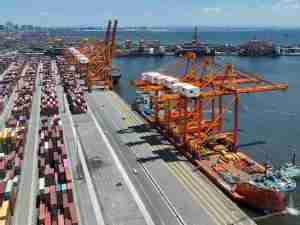The world's sixth-largest economy grew much less than expected in the third quarter, despite a barrage of tax breaks and other stimulus measures taken by Rousseff this year.
Economists say the once-booming economy grew for a decade by expanding consumption and Brazil must now raise investment levels that are much lower than those of other emerging markets.
In a speech to the country's main industrial lobby, Rousseff called on the private sector to invest more despite a period of slow economic growth that is in its second year.
Brazil will continue in 2013 a special lending program by the state development bank BNDES that lowers the cost of capital goods for industries and raise its resources to more than 80 billion reais ($37.90 billion), Rousseff told business leaders in event organized by the National Industry Confederation (CNI).
She said Finance Minister Guido Mantega would formally announce the details of the extension of the program, known as PSI.
"Next year industrial growth will have to be much stronger. The country needs to increase its investment rate," she said.
Rousseff said the current favorable mix of record low interest rates and a weaker exchange rate for the Brazilian real prepared the ground for increased production in the country. She said the incentives that her government has given to the economy needed time to produce results.
The speech, which tackled her government's efforts to revive Brazil's sputtering economy following disappointing data, was one of her most important policy addresses in recent months, a senior government official said.
Brazilian industrial output posted its first annual increase in more than a year in October as a tax break on autos helped support a nascent recovery in the country's beleaguered manufacturing sector.
But investment remains weak, raising doubts about strong recovery forecast by the government for next year.
Rousseff's government exempted the country's construction industry from paying payroll taxes. The aim is to encourage investment in building and lower the prices of homes.
She said her government will unveil a new regulatory framework aimed at attracting private investment to modernize Brazil's overcrowded ports and eliminate bottlenecks that raise transport costs and slow Brazil's exports.
By the end of the year, new private concessions will be announced to upgrade airports, she said.
The government also plans to extend a tax refund for exporters of manufactured goods though the next year, an administration official said at the event.
Rousseff also vowed to continue her efforts to reduce Brazil's very high energy costs and complained about the companies that have resisted the government's terms for the renewal of concessions for power utilities.
"The federal government regrets the insensitivity of those who do not appreciate the importance of this for the country to grow in a sustainable way," the president, who a trained economist, told her audience of businessmen.
The government had hoped to lower energy costs for residential and commercial consumers by an average of 20 percent as of next February, helping curb inflationary pressures and lowering a major cost that has made Brazilian industry less competitive.
But after several utilities rejected the government offer for early renewal of their concessions in exchange for charging lower rates, the government has acknowledged that it will only be able to cut electricity costs by 16.7 percent.
Critics of the new concession regime would reduce investment needed to expand Brazil's electricity generating capacity. (Reuters)










